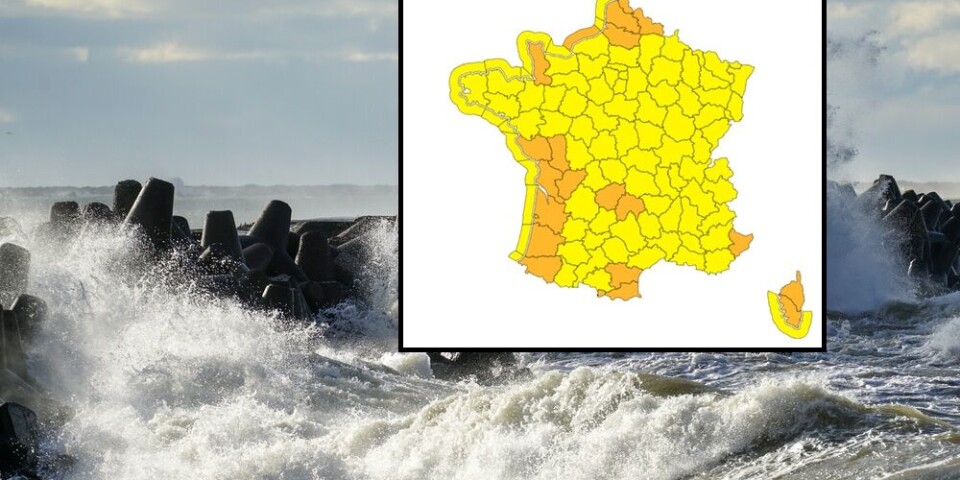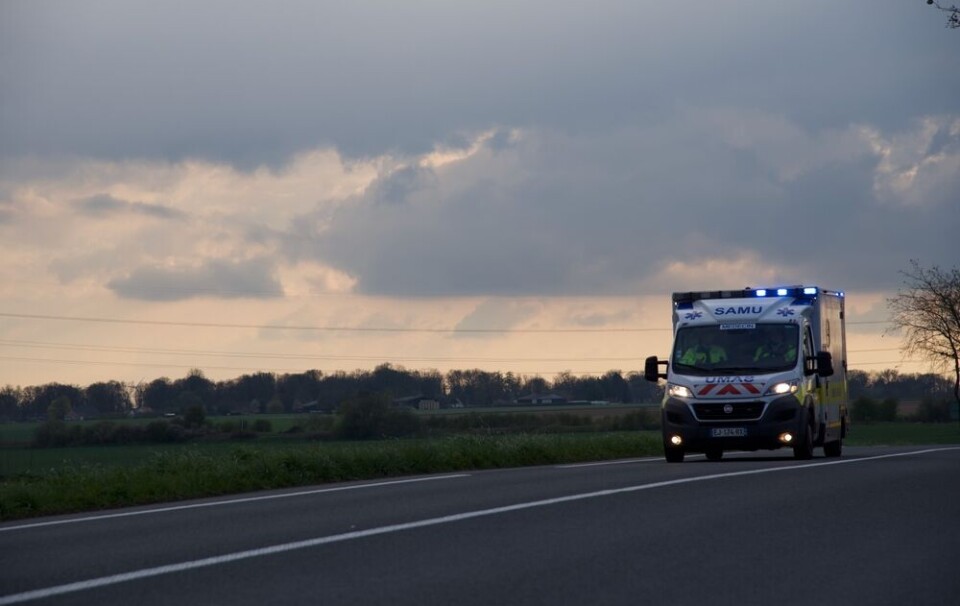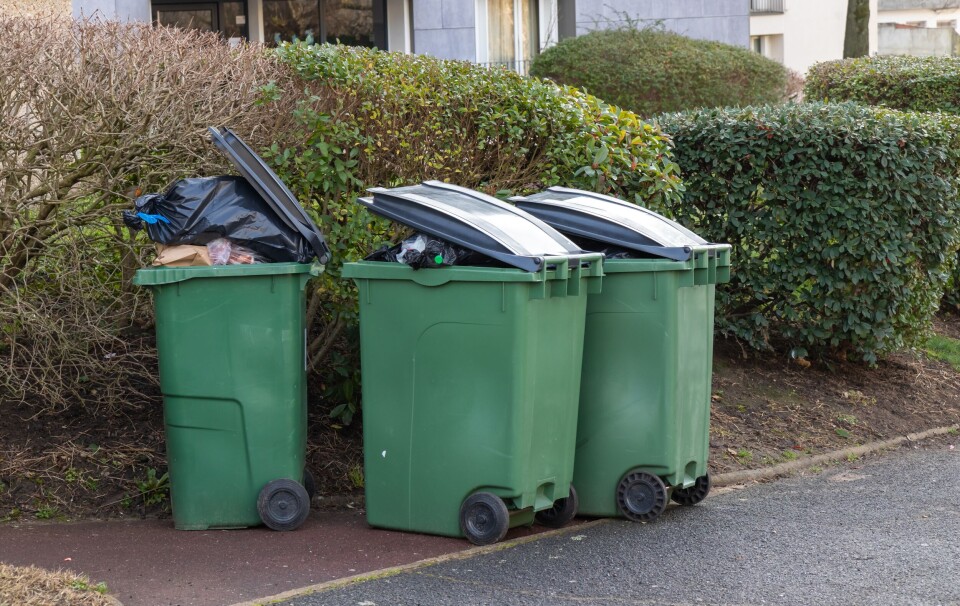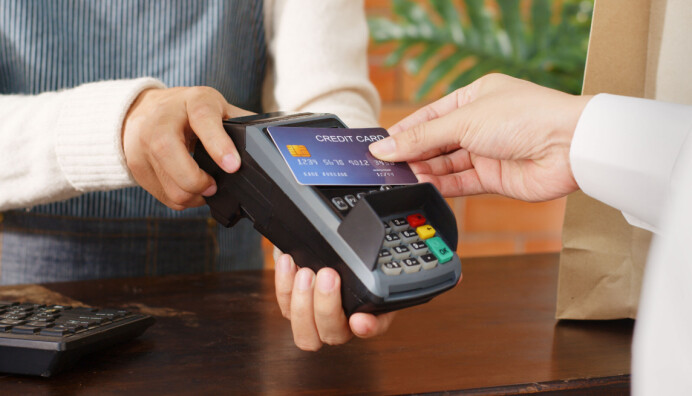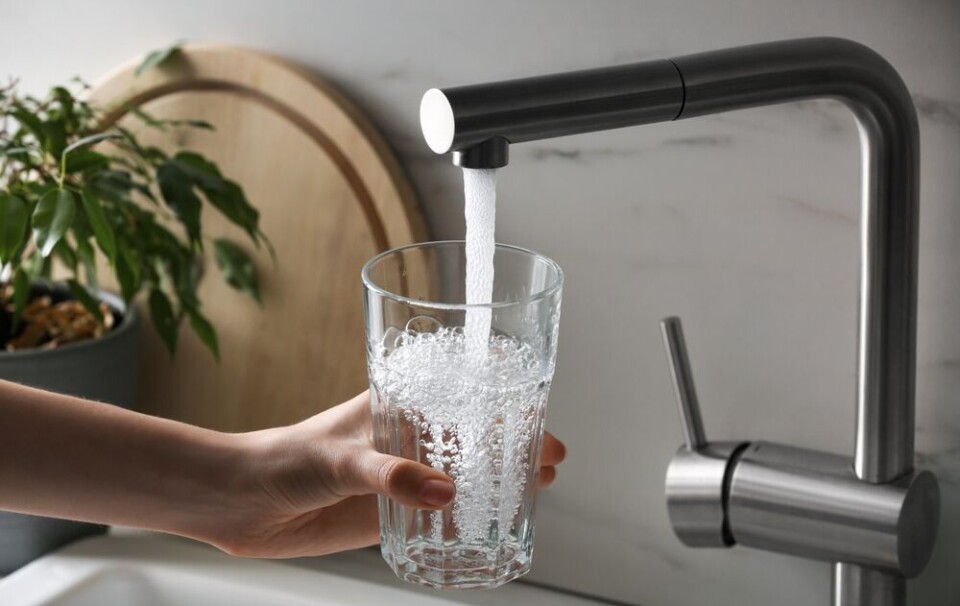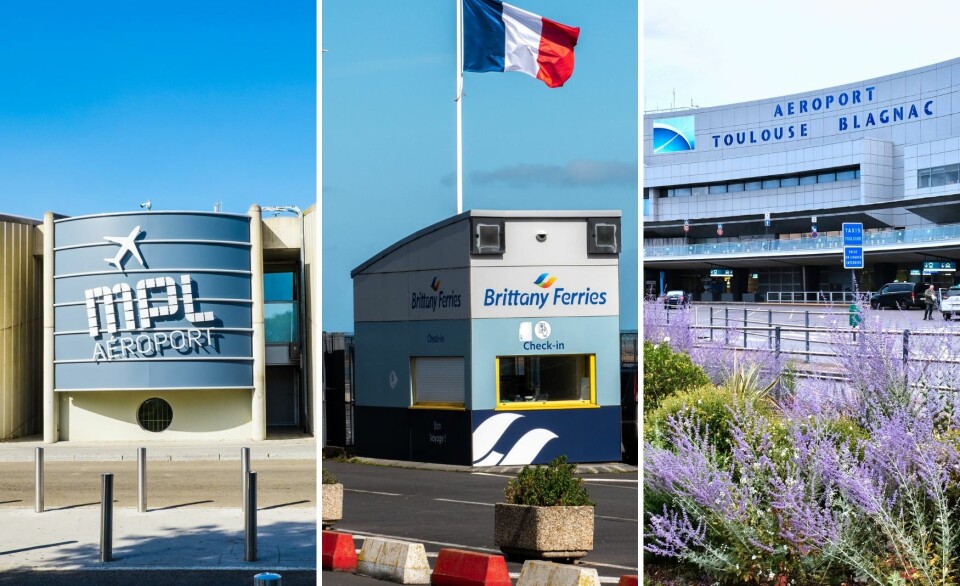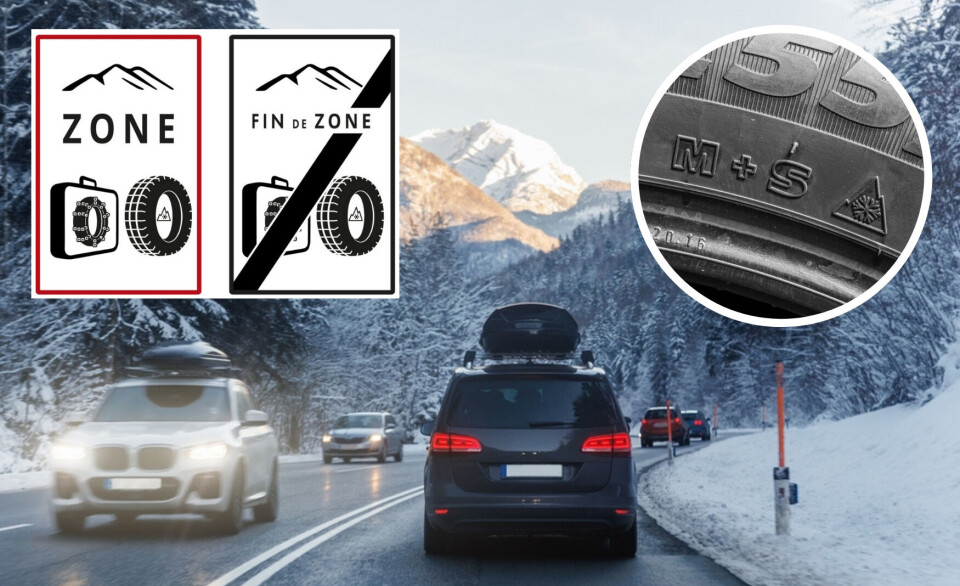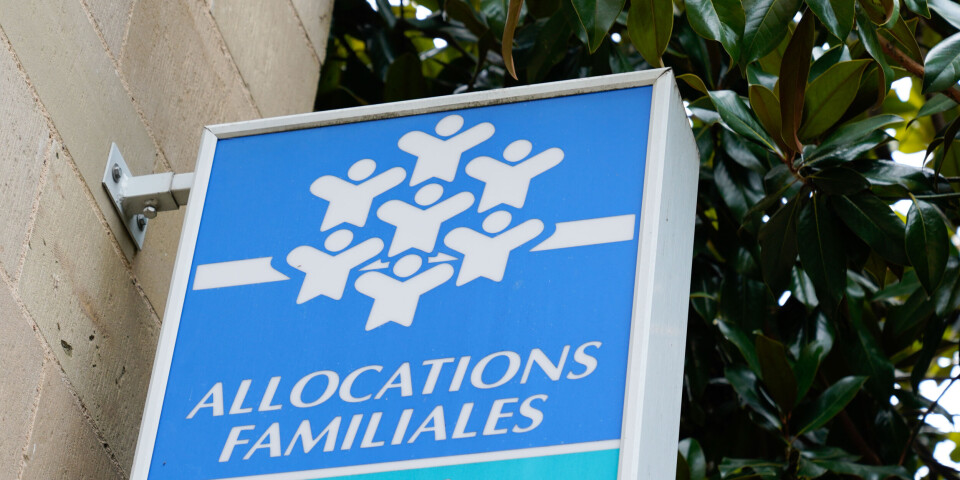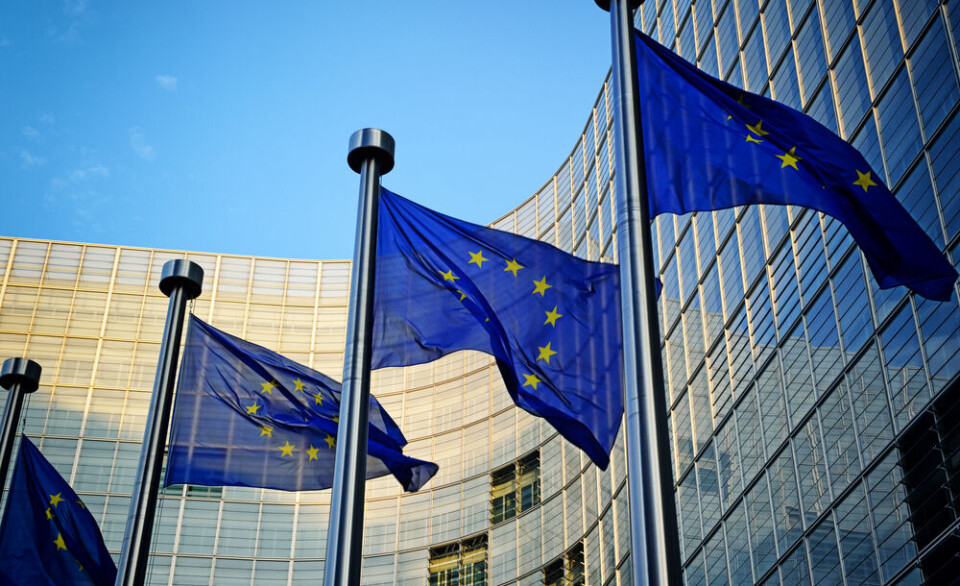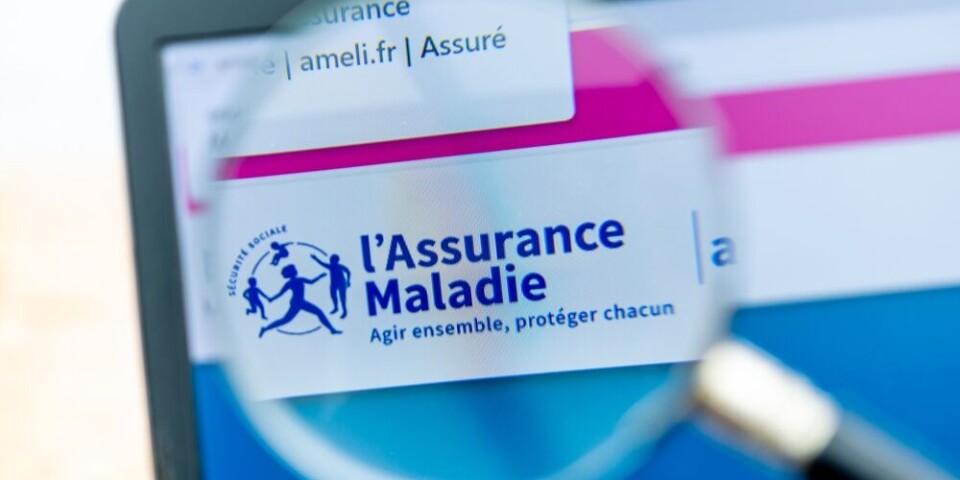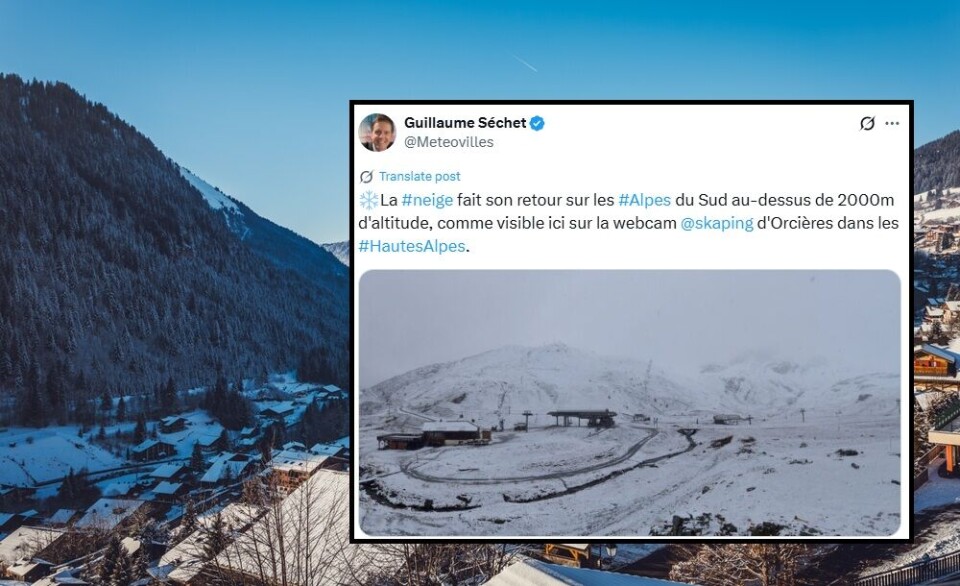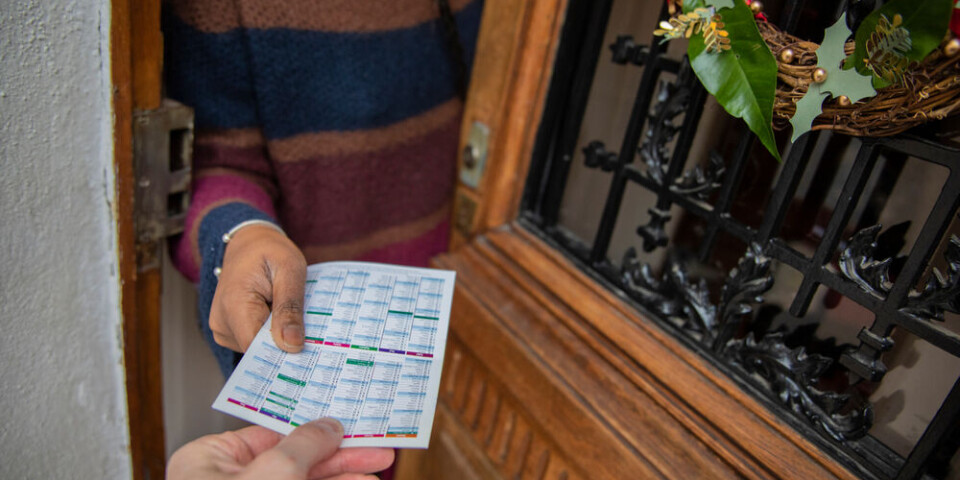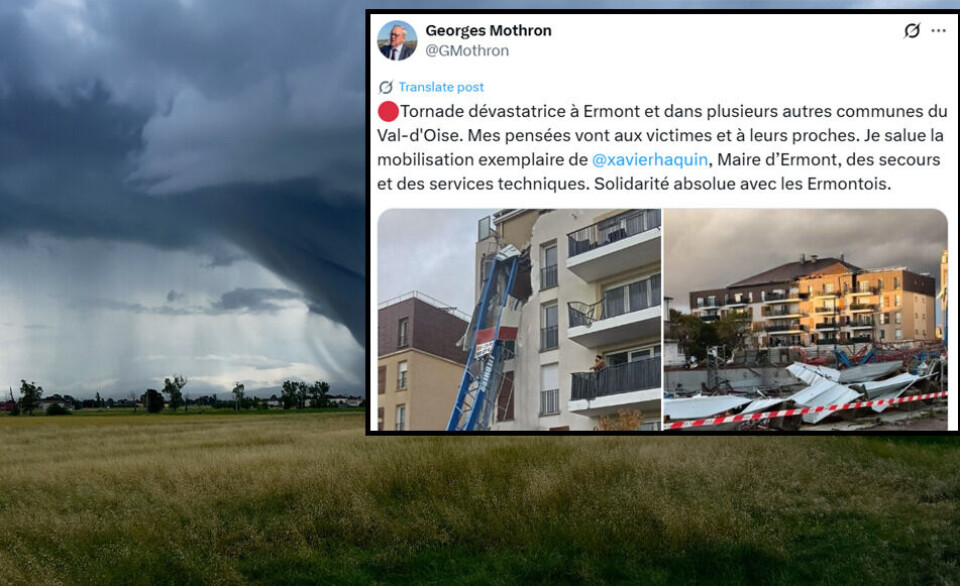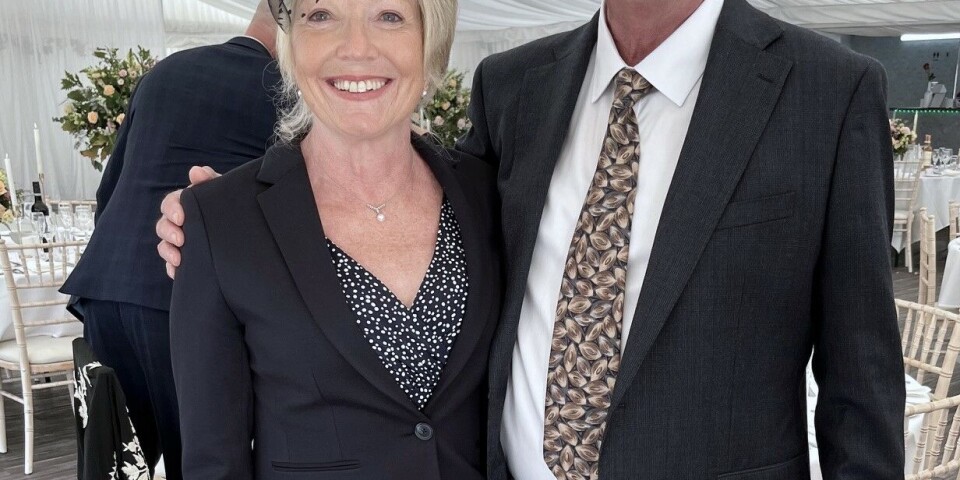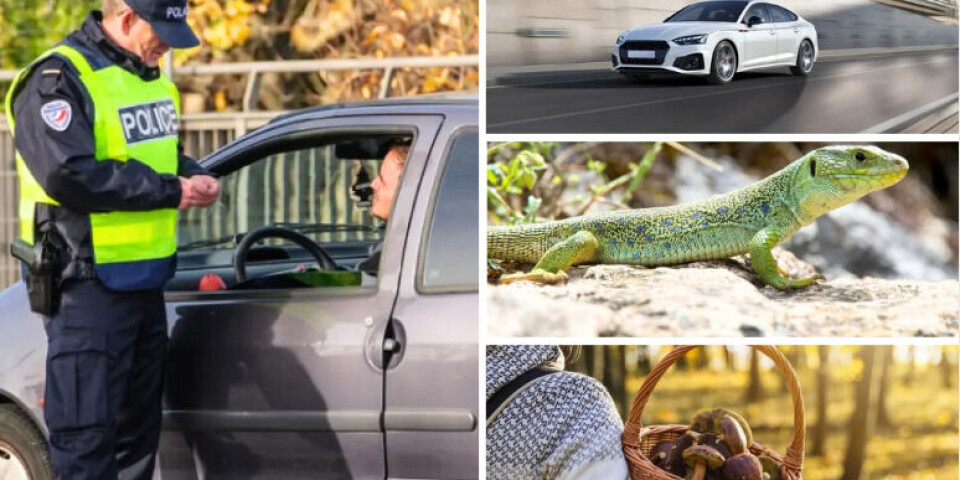-
French village latest to end door-to-door rubbish collection
The €1 million project is intended to ‘reduce anti-social waste behaviour’
-
Two thirds of people polled say they struggle with online French admin
The problem has worsened in the past 10 years as more and more services ‘go digital’, finds study
-
50,000 sign petition to bring back iconic Cachou Lajaunie sweets
Changes in taste and rumoured recipe alteration blamed for disappearance
French company finds way of wasting less food
Waste not, want not is key to kitchen savings

A French company has found a way of cutting the volume of wasted food from school kitchens by 30%.
It uses internet technology so pupils can pre-order their meals. Using electronic command posts, mobile phones or tablets, the pupils choose what they want to eat, either the day before or early in the morning.
Xavier Guyard, of Innovorder, said: “This allows the kitchens to be much more precise in preparing food.
“The fact they have ordered the food means the pupils are much more likely to eat what is on the plate than before.”
Mr Guyard said the company thought it was on to a good thing but it was only when full-scale tests were carried out that they realised the extent of the saving. “We were really surprised that so much food was saved,” he said.
The company offers systems that can consist of ordering processes only through to ordering and cash-till management, as well as other add-ons, such as menu planning.
It has about 600 clients, many of them private schools.
“The ordering systems are the most popular and most cost around €4,000 to the school,” said Mr Guyard. “Most schools find it pays for itself in a year, and then use the savings to improve meal quality, so it becomes a virtuous circle.”
Earlier this year, Innovorder raised €10million to fund its expansion but Mr Guyard said it still had a way to go before it could get into state schools.
“It is just too difficult for the Education nationale to change direction and innovate, except in the university sector.
“Most of our clients are either private schools or universities, where there is more autonomy in how decisions are taken.
“However, we hope things will change,” he said.
Restaurants are also clients of the firm, using it for the installation of self-order systems.
These are similar to those used by McDonald’s, where the big advantage is a reduction in waiting time, especially during the midday rush.




